Disclosure: This article contains affiliate links. We may earn a commission from purchases at no extra cost to you, which helps our travel content.
The minibus lurched to a stop along the dusty main road, and I stepped out into Lelydorp – a place that doesn't make most travelers' Suriname itineraries but absolutely should. Located just 18km south of Paramaribo, this unassuming town holds one of South America's most fascinating cultural stories: a thriving Javanese community that has maintained its traditions for over a century since their arrival as contract workers. After five visits to Suriname, I've found that Lelydorp offers the most authentic glimpse into this unique cultural fusion you won't find anywhere else in the Western Hemisphere.
Finding Your Way to Lelydorp
Getting to Lelydorp is half the adventure. While you could take an expensive taxi from Paramaribo (expect to pay around 30-40 USD), I recommend doing as locals do and catch a peng (shared minivan) from Paramaribo's chaotic southern bus terminal for about 2 USD. The ride takes roughly 30 minutes depending on stops.
On my first visit, I made the rookie mistake of not having small bills, earning me some good-natured teasing from the driver and fellow passengers. The local currency situation can be tricky in Suriname, so I always keep a money belt hidden under my shirt with various denominations ready. It's slim enough to stay concealed but accessible when you need to pay for impromptu stops at roadside fruit stands.
If you're planning to explore beyond Lelydorp itself (which I highly recommend), consider renting a scooter in Paramaribo. Having your own transportation opens up the surrounding villages and plantations where Javanese influence is even more pronounced.
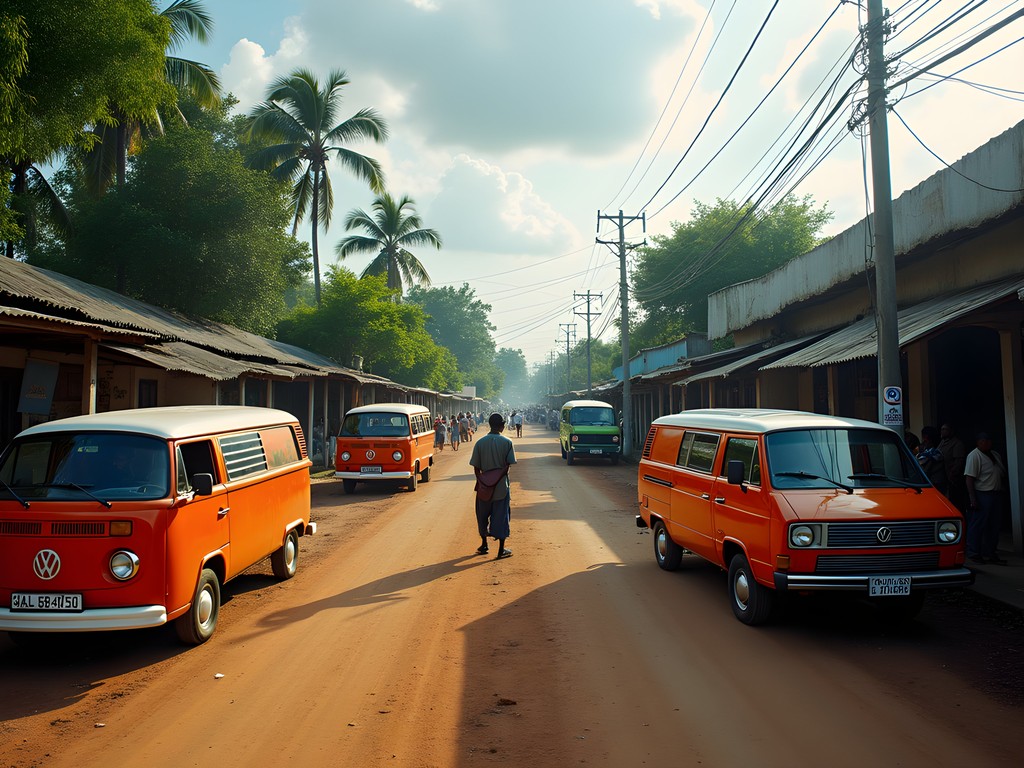
💡 Pro Tips
- Take screenshots of maps before heading out as mobile service can be spotty
- Learn basic Sranan Tongo phrases like 'fa waka' (how are you) to break the ice with locals
- Always confirm the price before getting into a peng (minivan)
Javanese Culinary Treasures
Lelydorp's food scene is where its Javanese heritage truly shines. Skip the tourist restaurants and head straight for the warungs – small family-run eateries often attached to someone's home. My favorite is Warung Mbak Sri, tucked behind the main market. Look for the yellow awning and plastic chairs that spill onto the sidewalk.
The menu is verbal and changes daily, but always ask for saoto soup – a fragrant chicken broth with glass noodles, bean sprouts, and boiled egg that puts any commercial chicken soup to shame. At about 5 USD for a massive bowl with sides, it's both budget-friendly and authentic.
Don't miss bami goreng (fried noodles) and nasi rames – a mixed rice plate with small portions of 4-5 different dishes. The sambal (chili paste) here is homemade and ranges from mild to face-meltingly hot. When I asked for the recipe, Mbak Sri just laughed and said I'd need to marry into the family first.
For kitchen inspiration back home, I picked up a mortar and pestle from the local market. Mine is carved from volcanic stone similar to what Javanese families use to grind their spice pastes. It's become one of my most treasured souvenirs and gets regular use when I'm attempting (poorly) to recreate Surinamese flavors in my Sheffield kitchen.
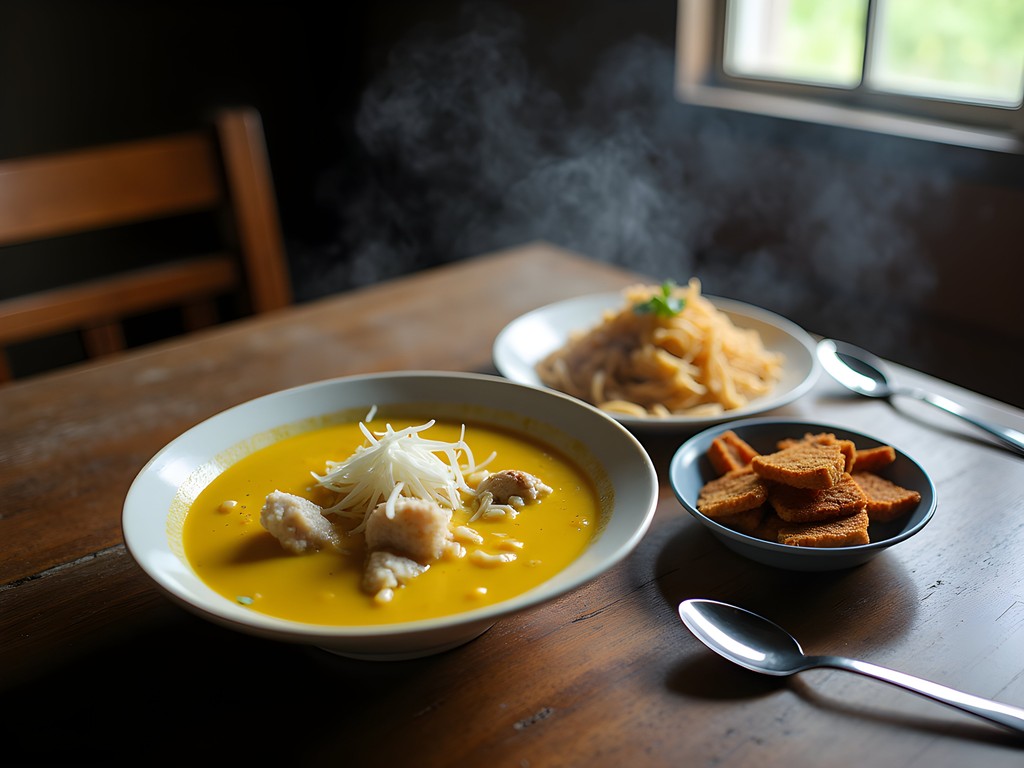
💡 Pro Tips
- Eat where you see locals eating – if the place is full of Javanese elders, you've found gold
- Most warungs close by 8pm, so plan for early dinners
- Ask for 'tidak pedas' if you can't handle spicy food
Cultural Immersion: Gamelan Music and Dance
What truly sets Lelydorp apart is the preservation of Javanese performing arts. On my third evening in town, a local friend invited me to a gamelan rehearsal at the cultural center behind the mosque. I expected a tourist-oriented performance but instead found myself in a room full of multi-generational musicians practicing for an upcoming ceremony.
The gamelan orchestra – consisting of metallophones, gongs, and drums – creates a hypnotic, shimmering sound unlike anything in Western music. What amazed me most was seeing teenagers fully engaged in learning these traditional forms alongside elders.
If you visit between June and August, you might witness Bodo celebrations marking the end of Ramadan, which in Lelydorp blend Islamic traditions with Javanese customs. The processions feature elaborate costumes and dance performances that have evolved uniquely in Suriname.
To fully document these experiences, I've found my audio recorder invaluable. The stereo microphones capture the nuances of gamelan performances far better than a smartphone, and locals are often delighted when I offer to share the recordings afterward. Just always ask permission before recording any cultural performances.
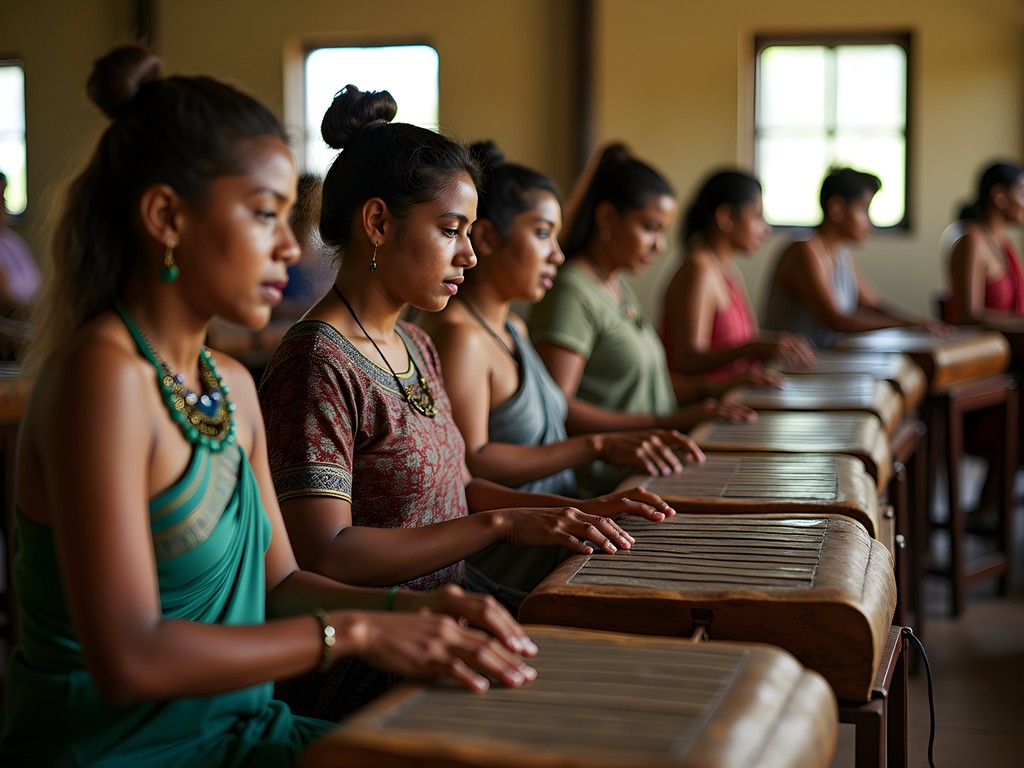
💡 Pro Tips
- Visit the cultural center on Wednesday evenings when rehearsals are most likely
- Bring small gifts like tea or coffee when visiting local homes – never arrive empty-handed
- Dress modestly when attending events with Islamic elements
Javanese Craft Workshops and Batik
One of my most rewarding experiences in Lelydorp was participating in a batik workshop run by Ibu Wati, a master craftswoman who learned the art from her grandmother. Her small workshop sits behind her home, identifiable only by a faded batik cloth hanging by the entrance.
For just 15 USD, she offers three-hour workshops where you learn to apply wax designs to cloth using traditional canting tools before dyeing the fabric. My first attempt looked like a child's drawing compared to her precise work, but the process gave me profound appreciation for the skill involved.
The workshop uses natural dyes extracted from local plants – indigo, mangosteen, and teak wood create a stunning palette of blues, purples, and browns. I've started collecting these unique textiles during my travels, and the packing cubes I use keep them protected and organized in my luggage. The compression feature is particularly useful for bringing home textile souvenirs without needing an extra suitcase.
Beyond batik, seek out woodcarving workshops where artisans create traditional wayang kulit (shadow puppet) figures. Though originally made from leather in Java, Surinamese craftspeople have adapted to using local hardwoods, creating a distinctive regional style.
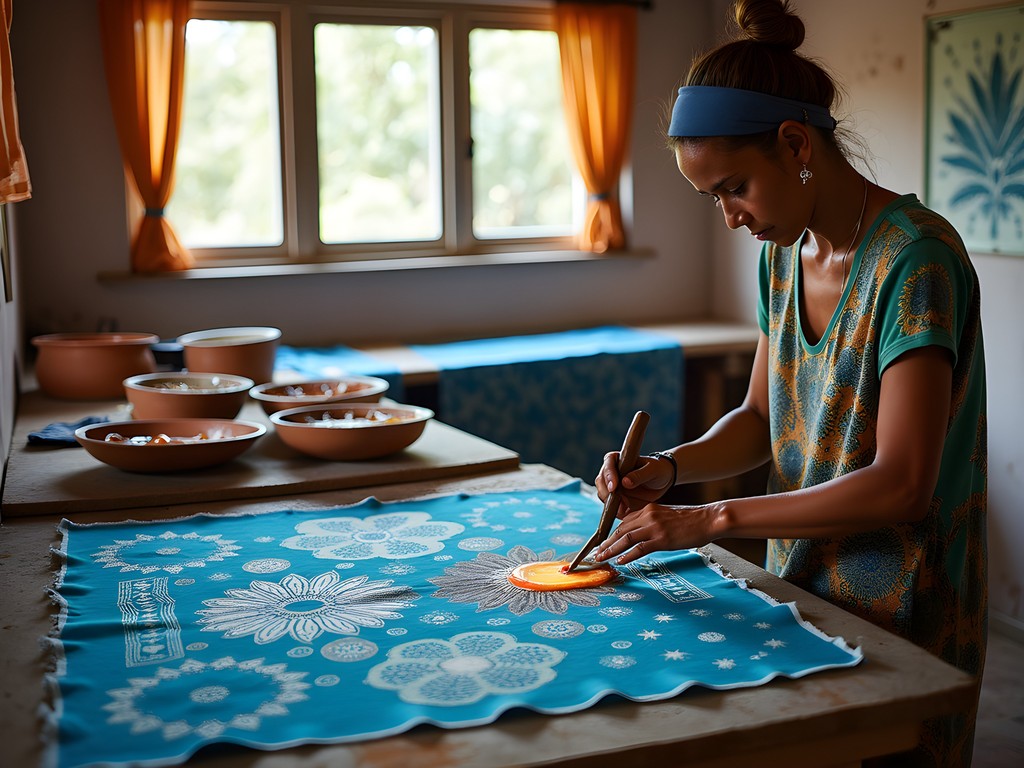
💡 Pro Tips
- Schedule workshops at least a day in advance through your guesthouse
- Wear clothes you don't mind getting dye on
- Bring a notebook to record the meanings behind traditional batik patterns
Sustainable Accommodation: Staying with Locals
Forget hotels – the best way to experience Lelydorp is through homestays with Javanese families. I stayed with the Somodiredjo family, who have converted part of their traditional wooden home into two simple guest rooms. At 20 USD per night including breakfast, it's both budget-friendly and culturally immersive.
The rooms are basic but spotlessly clean, with mosquito nets and fans (no AC, which can be challenging in the humid climate). What you sacrifice in amenities, you gain in authentic experiences – like being invited to family prayers or learning to prepare traditional morning dishes like bubur ketan (sticky rice porridge with palm sugar).
During my stay, I was grateful for my sleep sack, which provides an extra layer of comfort and cleanliness while traveling. The silk material is perfect for hot climates and packs down to almost nothing in my bag.
To find homestays, your best bet is word-of-mouth rather than online booking. Ask at the tourist information office in Paramaribo before heading to Lelydorp, or inquire at the local mosque upon arrival. Just don't expect English to be widely spoken – a translation app on your phone will be invaluable.
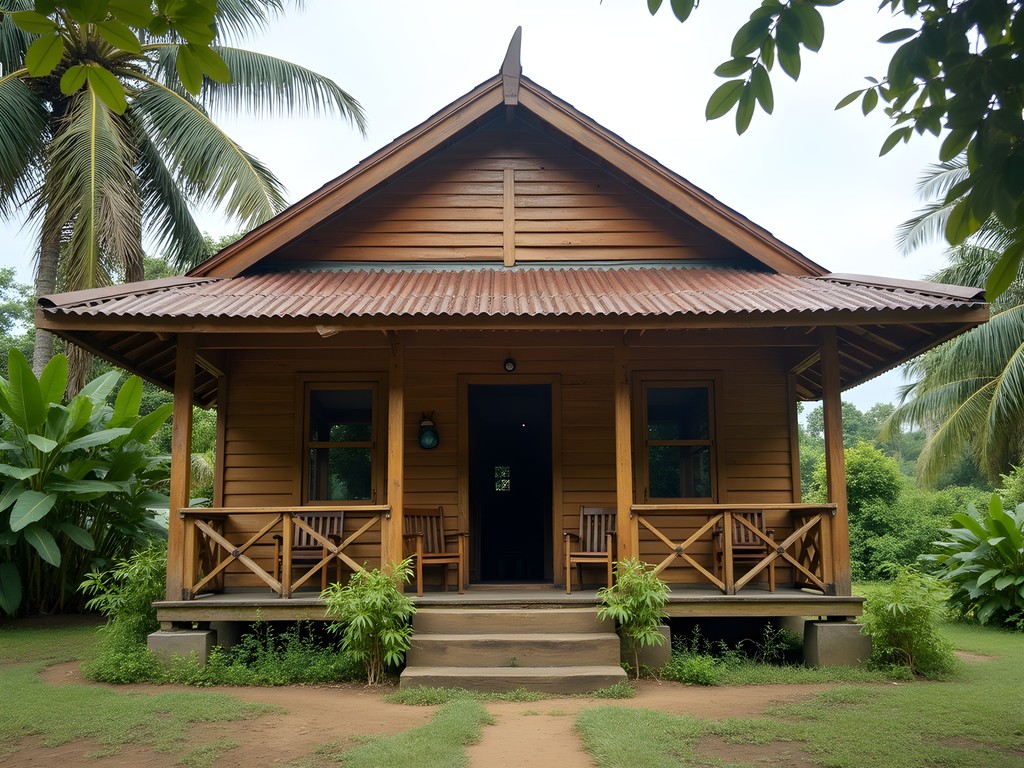
💡 Pro Tips
- Bring a small photo book of your home country as a gift for host families
- Pack earplugs – roosters start their day very early in Lelydorp
- Offer to help with household chores – it's appreciated and provides insight into daily life
Final Thoughts
As I caught my peng back to Paramaribo after a week in Lelydorp, I found myself already planning a return visit. This unassuming town offers something increasingly rare in our globalized world: a cultural experience that hasn't been packaged and marketed for mass tourism. The Javanese community here has maintained its heritage while adapting to Surinamese life in ways that create something truly unique.
What makes Lelydorp special isn't grand attractions or Instagram-worthy landmarks – it's the small moments of connection. The pride in an elder's eyes when teaching traditional dances to the next generation. The meticulous care in preparing centuries-old recipes. The willingness to welcome curious travelers into community spaces.
If you make the journey to this overlooked corner of South America, come with patience, respect, and openness. Learn a few words of both Sranan Tongo and Javanese. Accept invitations even when you're not sure what you're agreeing to. And above all, approach Lelydorp not as a destination to consume but as a community to connect with. The rewards – for both you and your hosts – will be immeasurable.
✨ Key Takeaways
- Lelydorp offers an authentic window into Javanese culture that has evolved uniquely in South America
- Budget travelers can experience rich cultural immersion through homestays, local transportation, and community activities
- The food scene, particularly family-run warungs, provides both culinary delights and cultural insights
- Building relationships with locals leads to invitations to ceremonies and events rarely experienced by tourists
- Sustainable, respectful travel practices are essential to preserving the authentic character of this community
📋 Practical Information
Best Time to Visit
year-round, but June-August offers special cultural celebrations
Budget Estimate
$30-50 USD per day including accommodation, food, and activities
Recommended Duration
3-7 days
Difficulty Level
Advanced

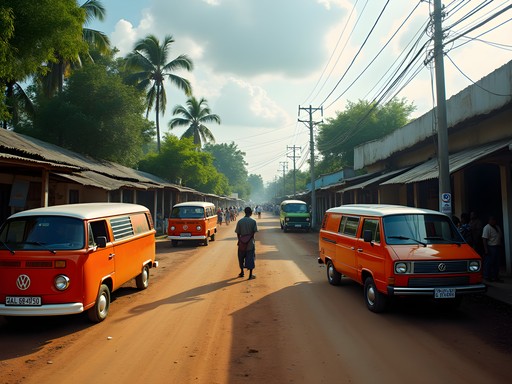
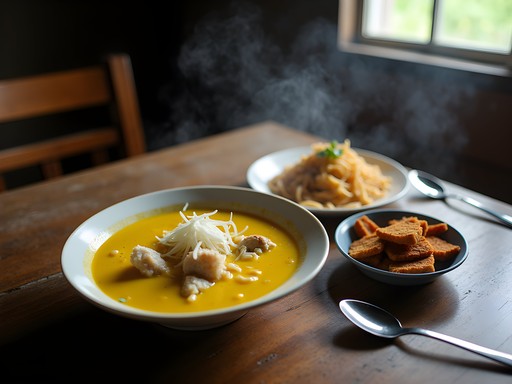
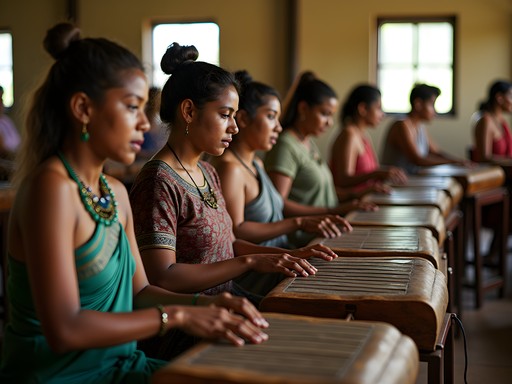
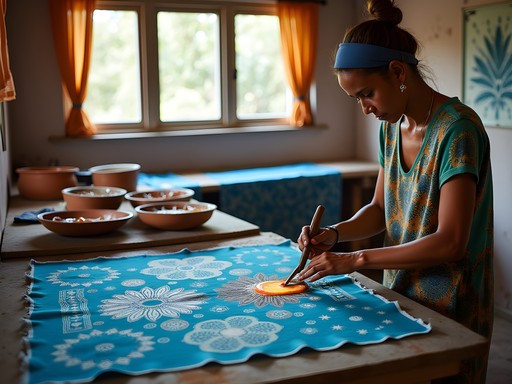
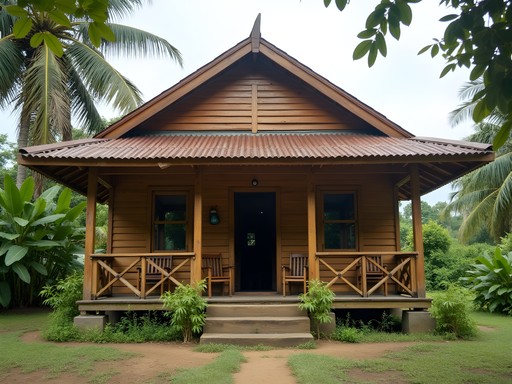


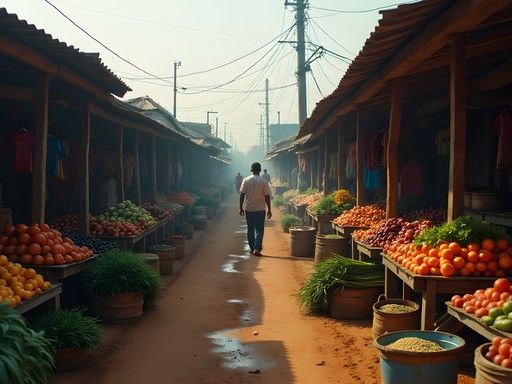
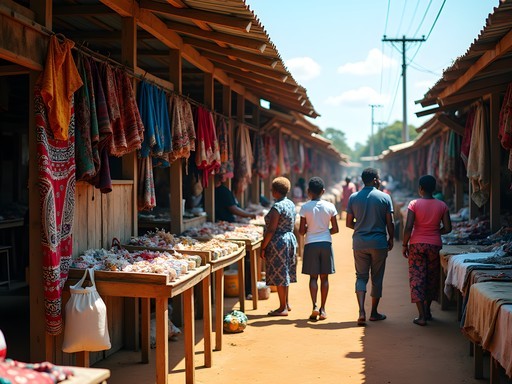
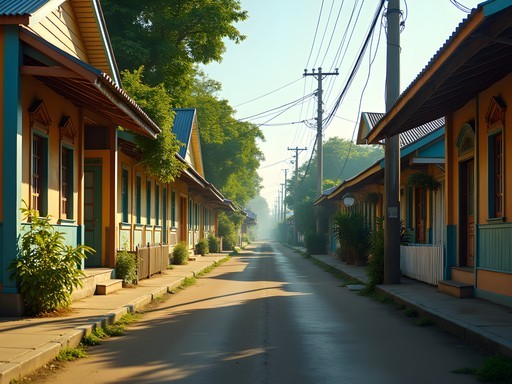
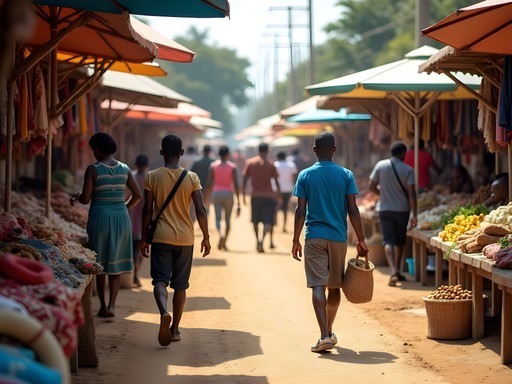

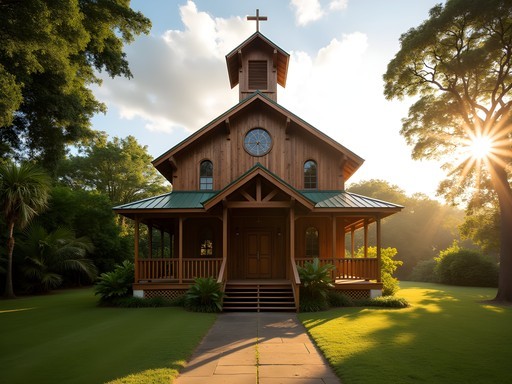
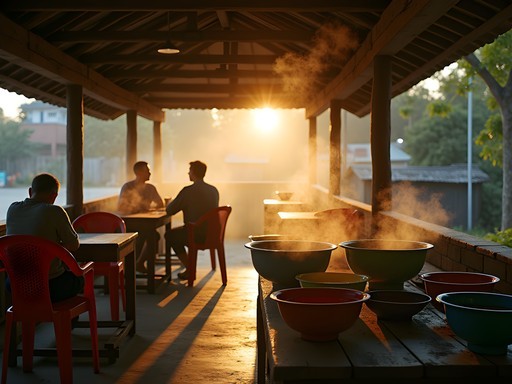
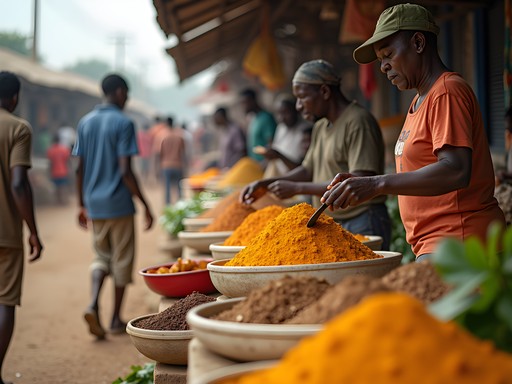
Comments
wavezone
Never even heard of Lelydorp before this. Adding it to my list!
Ana Robinson
Peter, this brought back such wonderful memories! We visited Lelydorp with our kids last year and the gamelan performance was absolutely mesmerizing. My 8-year-old daughter was invited to try one of the instruments and she still talks about it. The warungs serving nasi rames are incredible – we went to Warung Sederhana three times in four days. One tip: if you're traveling with children, the batik workshop we attended was super family-friendly. The instructor was so patient teaching my son the wax-resist technique. It's these unexpected cultural experiences that make travel so enriching for families.
wavezone
Which batik workshop did you go to? Would love to check it out
Ana Robinson
It was Ibu Sari's workshop near the market! Small place but she's been doing batik for 30+ years. Just ask around for her, everyone knows where it is.
roamfan
This looks amazing! How easy is it to find the minibus from Paramaribo? Never been to Suriname before.
Ana Robinson
The minibuses leave from Heiligenweg in Paramaribo pretty regularly! Just ask locals for "Lelydorp" and they'll point you in the right direction. Super easy once you know where to go.
roamfan
Thanks so much! That helps a lot
hikingwalker
Great post! Is it safe for solo female travelers? Planning a South America trip next year and Suriname wasn't on my radar until now.
sunnyace
Not the author but my sister went solo last year and felt totally safe in Suriname, especially in smaller towns like this!
Ahmed Greene
Your post took me right back to my own unexpected adventure in Lelydorp three years ago! I ended up there by accident when I missed my stop heading to the interior, but it turned into the highlight of my Suriname trip. There's a small warung (Javanese eatery) behind the market that serves the most incredible nasi rames I've ever tasted. The owner, Mrs. Djojoprajitno, treated me like family after I became a regular. She even taught me how to make my own tempeh! Did you get a chance to visit the small museum about the Javanese migration history? It's just a few rooms but tells such a powerful story of cultural resilience. Lelydorp really is a hidden gem that deserves more attention.
tripguide
Going there next month, any other tips? Is there decent WiFi in Lelydorp?
luckyguide
WiFi was spotty when we were there, but most guesthouses and cafes had some connection. Just don't expect high-speed!
wildmate
How's the wifi situation in Lelydorp? Need to stay connected for work while traveling.
Peter Stevens
Spotty at best in guesthouses. I relied on my portable hotspot with a local SIM which worked well enough for emails and basic browsing.
Jean Wells
Having lived in Java for several years, I was fascinated by your account of the Javanese cultural preservation in Lelydorp. The diaspora communities often maintain traditions that have evolved or even disappeared in the homeland. I'm curious if you noticed any uniquely Surinamese adaptations to the gamelan performances or food preparations? In my experience, these cultural transplants often develop fascinating hybrid forms. The batik patterns you described sound more traditional than what you typically see in modern Java now. I'm planning a comparative study trip next year to document these diasporic evolutions.
Peter Stevens
Great observation, Jean! The gamelan performances definitely incorporated some Creole rhythms that you wouldn't hear in Java. And the food has adapted to local ingredients - they use local root vegetables in dishes that would traditionally use different starches in Indonesia. It would make for a fascinating study!
Megan Martin
Peter, this is exactly the kind of off-the-beaten-path destination I love! I was in Suriname last year for a business trip but sadly only had time for Paramaribo. The Javanese influence there was fascinating, but it sounds like Lelydorp offers a much more authentic experience. Did you find English widely spoken, or would you recommend learning some basic Dutch or Javanese phrases? I'm particularly intrigued by the gamelan workshops you mentioned - was advance booking required or could you just drop in?
Peter Stevens
Thanks Megan! English is limited outside tourist areas, so a few Dutch phrases help. For gamelan workshops, the community center takes drop-ins on weekends, but weekday sessions need booking through Mr. Soetrisno at the cultural center.
redfan
Those gamelan performances sound amazing! Are they regular events or did you have to arrange something special to see one?
Venture X
Premium card with 2X miles, $300 travel credit, Priority Pass